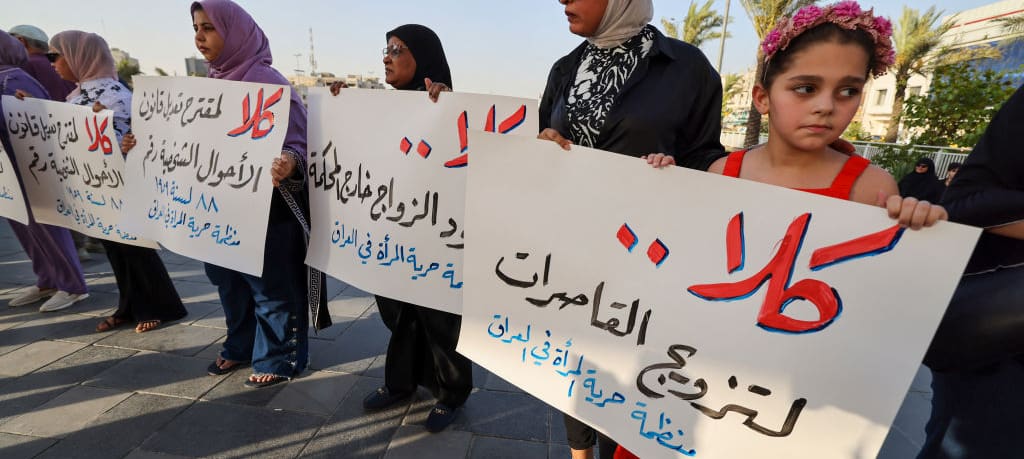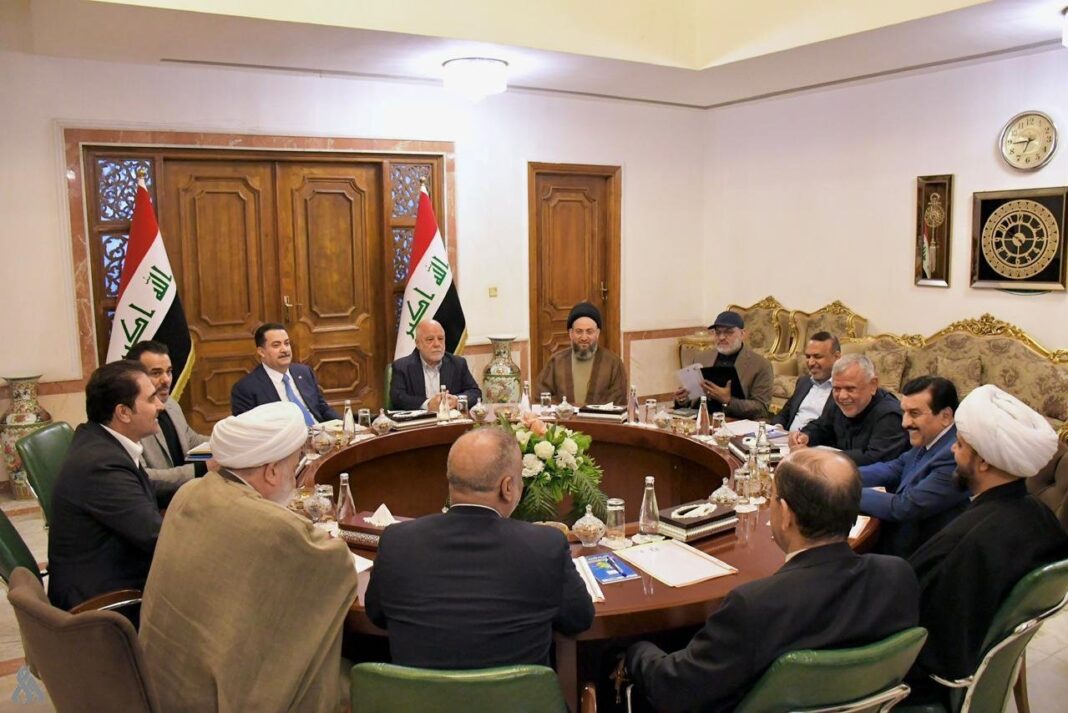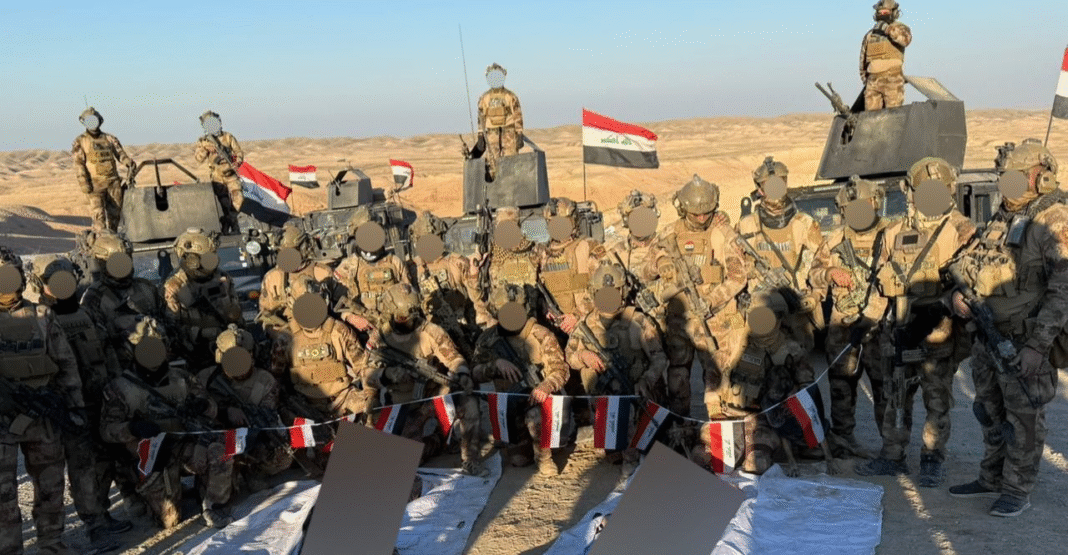Protect Women’s Rights in Iraq, and advocates across the Kurdistan Region continue raising alarms about the amended Personal Status Law. Moreover, the Kurdish Women’s Relation Office, known as REPAK, organized a detailed panel on Sunday in Al-Sulaymaniyah. During the event, legal experts, activists, and public figures gathered to analyze growing threats facing women and girls. Consequently, the theme resonated clearly as speakers repeated that Protect Women’s Rights in Iraq remains an urgent national priority.
Furthermore, REPAK held the panel at the High Crest Hotel. The event marked the International Day for the Elimination of Violence Against Women. In addition, organizers sought to highlight increasing legal and social risks linked to Iraq’s amended Personal Status Law. Dr. Razaw Goli, a prominent legal scholar, delivered the first presentation. She thenoutlined major concerns within the draft’s 337 new articles and argued that lawmakers introduced these articles without strong legal grounding.
Ultimately, she stressed that many points directly undermine basic protections for women and children.Moreover, Dr. Goli warned that the draft allows out-of-court child marriages. She stated that this provision threatens girls’ health and long-term rights. She emphasized that such marriages erase legal safeguards. Additionally, noted that these changes weaken accountability within family law systems. Her remarks highlighted the broad implications of unofficial marriage contracts.
Additionally, lawyer and activist Razan Sheikh Daler addressed the audience. She urged Kurdish and Iraqi leaders to form a coordinated campaign against regressive legislation. She warned that harmful laws shape social norms even without enforcement inside Kurdistan. Also, criticized the silence of several Kurdish lawmakers and reminded attendees that women and children face the earliest consequences of careless legal decisions. As well as, underlined that threats increase whenever legislation weakens safeguards around guardianship and early marriage.
The discussion later expanded into a broader forum. Activists, writers, and politicians joined the conversation. They urged immediate efforts to protect women’s rights. They called for organized action to stop legal setbacks and also emphasized that society must defend gains achieved over many decades. The forum highlighted the determination of the Kurdish women’s movement. Participants stressed unity as a necessary tool for confronting political and legal challenges.
Meanwhile, the panel referenced developments in Baghdad. In January 2025, Iraq’s parliament passed major amendments to the Personal Status Law. The changes allowed girls as young as nine to marry with parental approval. Lawmakers also introduced the Jaafari code as an optional legal system for family cases. This code comes from Twelver Shia jurisprudence. Human Rights Watch condemned these steps. The organization described the amendments as a direct attack on equality and women’s fundamental rights.
Ultimately, speakers agreed that Iraq needs collective action. They argued that only strong public effort can halt the erosion of legal protections. As the event concluded, participants reaffirmed that Protect Women’s Rights in Iraqremains a guiding mission for advocates and policymakers across the region.



